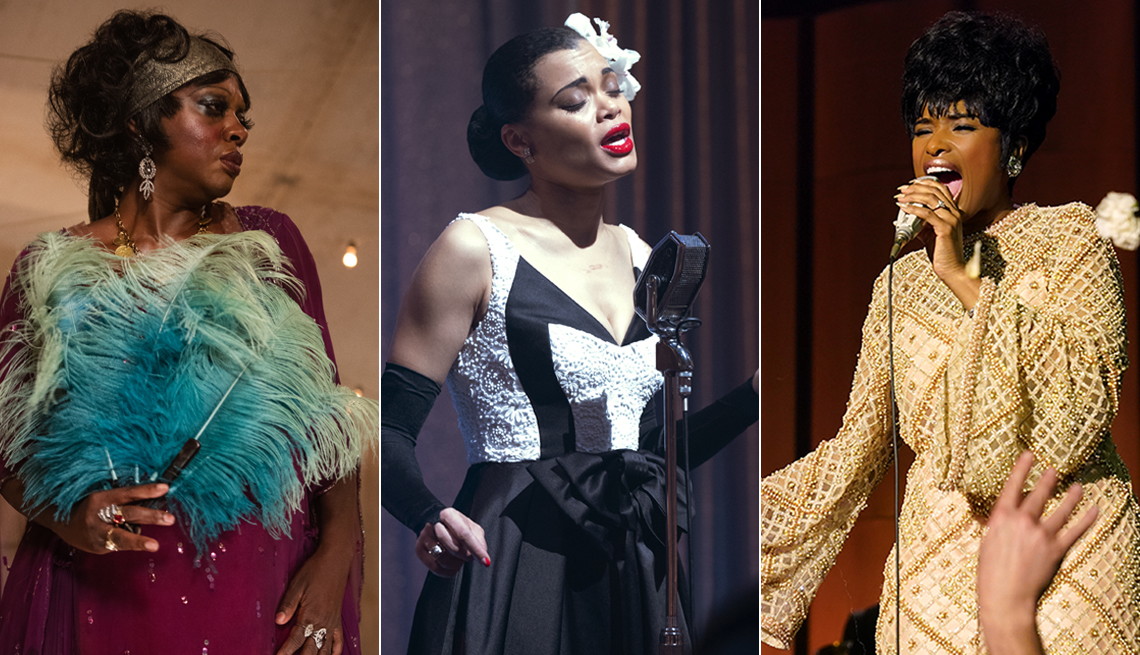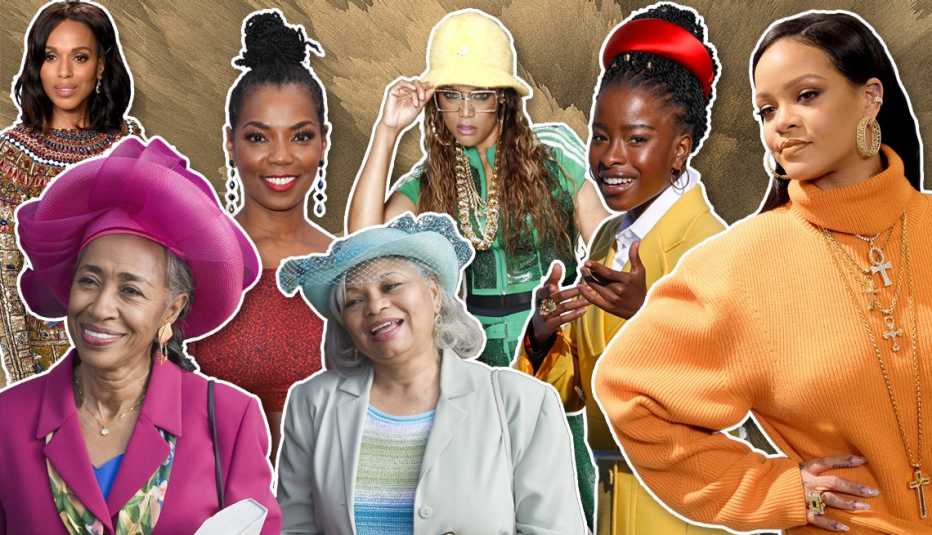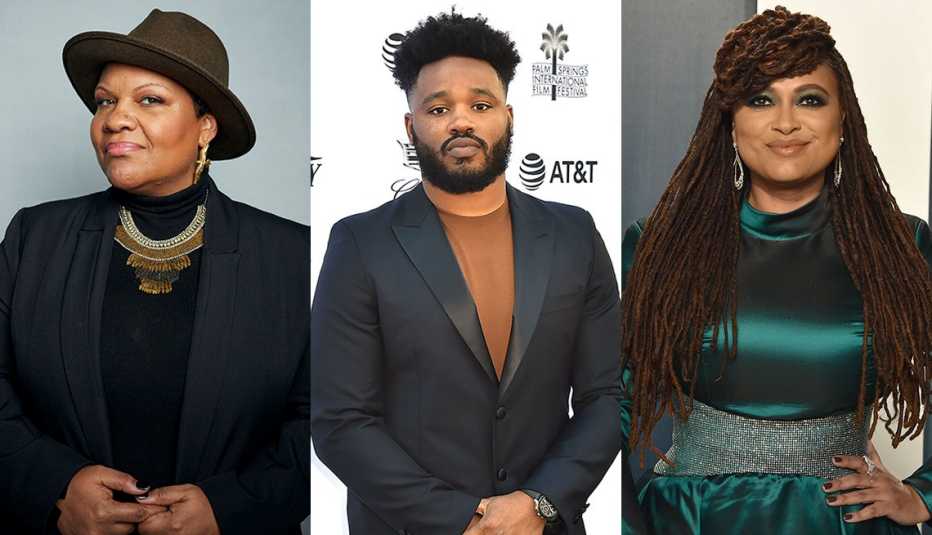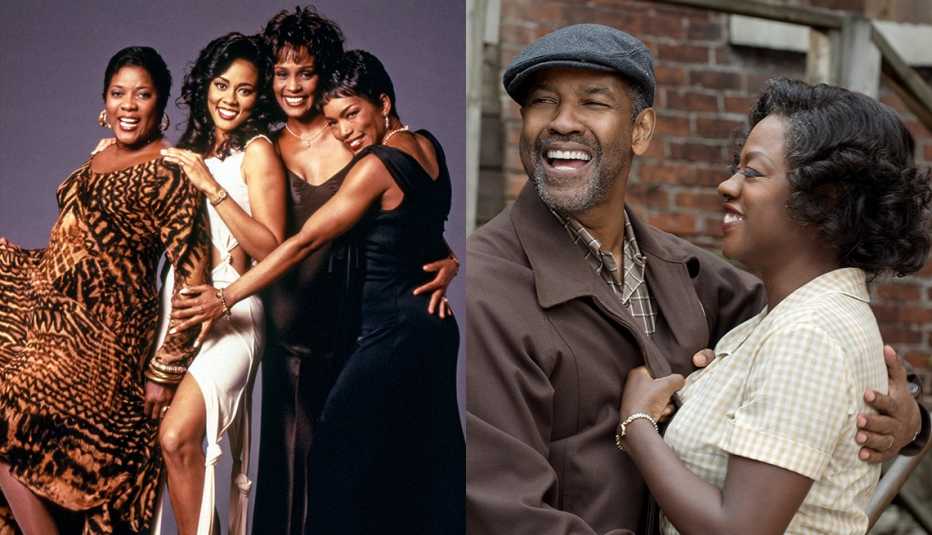AARP Hearing Center
All eyes are on Andra Day as she takes to the stage in the riveting biopic The United States vs. Billie Holiday, opening Friday. Before Day gives voice to the haunting lyrics of “Strange Fruit,” Holiday’s protest to the lynching of Black Americans, there is something that pulls the audience in and holds us captive: She is a vision.
The way Day, 36, commands the screen is what I’ve come to think of as that “soul force” otherwise known as Black style and all that it encompasses. Day inhabits Holiday and her ability to make a way out of no way, like the signature gardenia that came about after Holiday burned a hole in her hair and then created the sleekest of dos, or her divine red lip paired with razor-sharp brows as a look.
When it came to style, Holiday, like other celebrated women of her era (Ella Fitzgerald, Dinah Washington, Lena Horne), took the rule book of the day and wrote her own chapter. She favored satin, cinched-waist gowns one moment and trousers paired with neat crepe shirts the next (rendered well in the film by the Prada team). Director Lee Daniels demonstrates that “Lady Day” made style choices based purely on who she was and how she saw herself, much like Black women through the ages. Holiday’s beauty was a form of expression and she was determined to have her say, despite the adversities she faced. I remember my own mother preparing to attend Holiday’s funeral and the care she took in getting ready for Billie’s homegoing because no matter the occasion, we style.
Hollywood loves a good biopic, and films like Holiday and another award contender, Ma Rainey’s Black Bottom, don’t disappoint. Our era is one in which stories that explore the lives of Black women are in demand, and films like Respect, starring Jennifer Hudson, and Robin Roberts Presents: Mahalia, starring Danielle Brooks, will soon be the talk of critics everywhere. What these movies have in common is that they convey women who refused to be invisible and who owned their beauty, style and passions without hesitation.


































































